Selected Essays
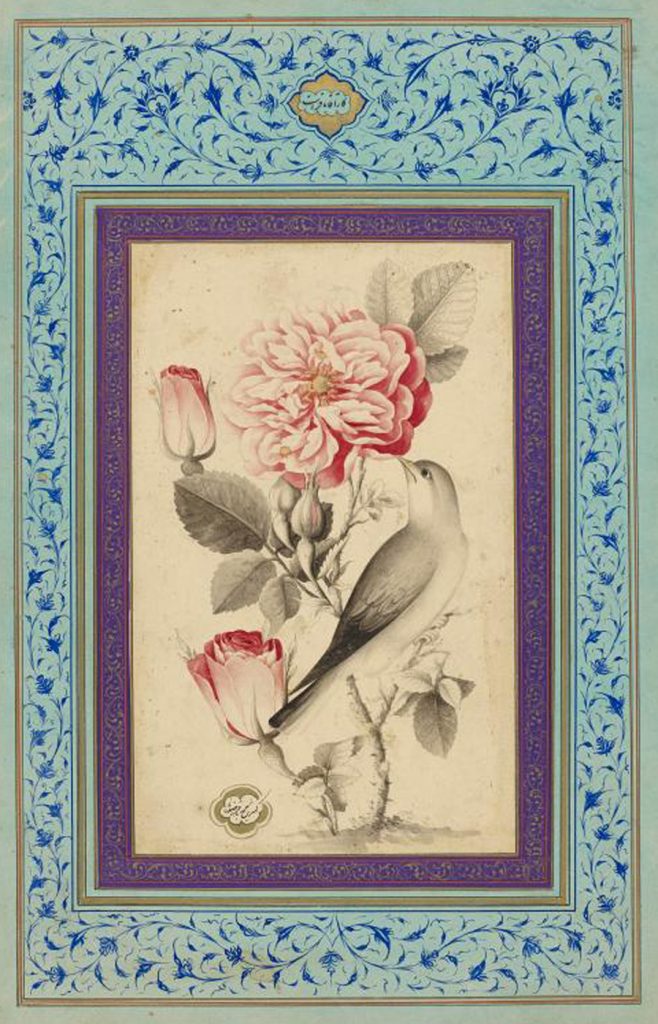
Western Literature in Light of Sufism
Alchemical Gold: The Sufis, Shakespeare, and Keats (Rumi’s Circle, 2025)
George Eliot’s Sufi Influence (Threshold Society, 2025)
Emily Brontë, Rumi, and the Authentic Self (Rumi’s Circle, 2024)
Considering Time: New Year Reflections (Patheos, 2020)
America of the Heart: Whitman and Rumi (Rumi’s Circle, 2017)
Winnie-the-Pooh and the 99 Names of Allah (Patheos, 2016)
Western Music in Light of Sufism
Creedence Clearwater and the Rain that Fell on Muhammad (Patheos, 2019)
The Grace of Love: Leonard Cohen and the Sufis (Part 3) (Patheos, 2019)
Bob Dylan and the Beloved (Patheos, 2017)
Guests of Love: Leonard Cohen and the Sufis (Part 2) (Patheos, 2016)
Making Love: Leonard Cohen and the Sufis (Part 1) (Patheos, 2016)
Sufi Practice & Psychology
Rumi on Angels (Awakening with Rumi, 2022)
Eating Sorrow: A Conversation about Suffering (Awakening with Rumi, 2021)
How Awake Are We? When Waking Up is Falling Asleep (Patheos, 2020)
The Mystical Heart of Ramadan (Patheos, 2019)
Patience: The Key to Joy (Patheos, 2018)
Ramadan with Shams: The Ambush of Love (Patheos, 2017)
Turning to the Quran: Reflections on Learning to Whirl (Rumi’s Circle, 2015)
Sufism & Nature
Soul-Birds of Solomon (Patheos, 2018)
Mother Nature and the 99 Names (Patheos, 2017)
Interfaith
“Hello Silence, My Old Friend” (Patheos, 2019)
What the Heart Knows (Patheos, 2017)
Embracing Presence in the Chapel (Patheos, 2016)
The Saints: Reviving Hearts (Patheos, 2016)
Rumi’s Works
Translating Rumi (Rumi’s Circle, 2013)
Rumi’s Works (Rumi’s Circle, 2013)
Selected Poems
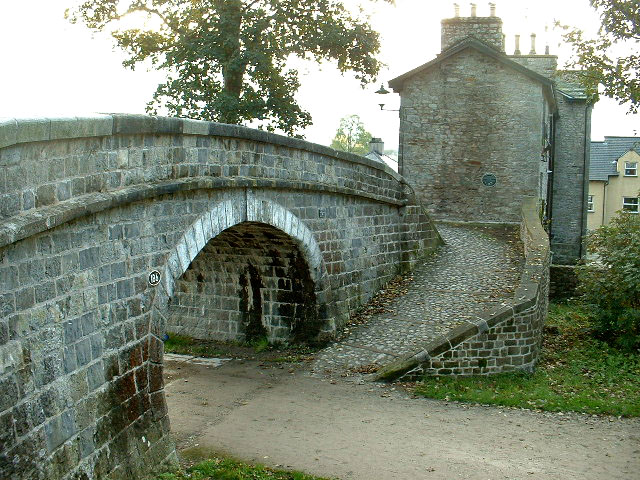
Snake Bridge
I go to the snake bridge—
I’m not sure why—
the instinct
imperious.
I feel the old stone,
the sun after showers,
the blue sky;
the Age of Aquarius
looming large
with awful goods
unknown.
There are vague pasts—
and futures—
beyond the present’s
haphazard
blinds,
and horses,
long dead, still crossing
hitched to the barge.
We tow joys
mysterious
to our listening
minds
and walk,
buoyant,
where water was—
canal gone—
clouds perishing
in perishless
Song.
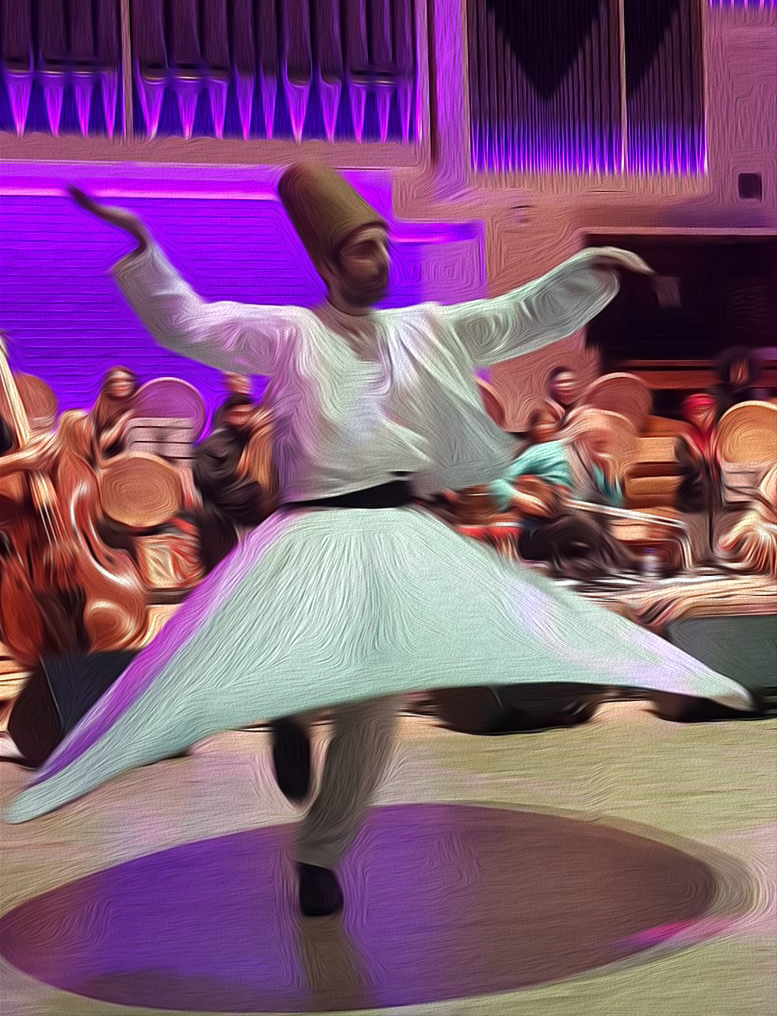
I Turn
I turn, and turn, and turn, and turn again,
When reason cries, ‘Stop, fool!’ and when
My creaking, splintered ‘I’ begins to burn.
Is there an ending to this dance—no? Turn!
Impossible, impossible the hurt;
No ecstasy, directionless, perverse.
I curse the perfect poise I never had,
My leaden arms, the thought I must be mad!
But still a still and stilling universe
Propels my foot and milky, thrumming skirt.
Devotion knows of nothing it can earn,
And ‘Allah, Allah, Allah,’ we affirm.
A bonfire in my heart, a semazen—
Turn, turn, turn, turn again.
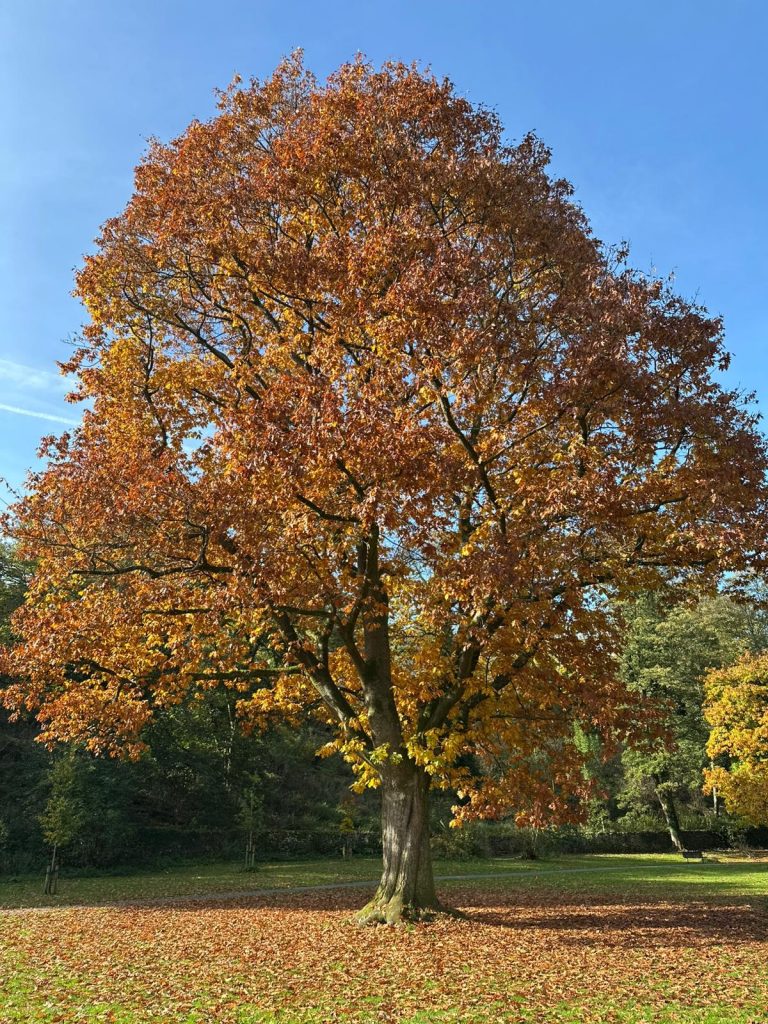
Provocateur
He wraps himself
in an Israeli flag
and calls us idiots.
Breathe.
He’s got a small dog
on a lead
as though he were just
passing;
debonair, well-heeled, sleek,
his voice is strong—
breathe—
and fired with
stinging ease
up and down the street.
Some try to
reason with him;
others jeer and boo.
Some know silence
is best
and just breathe—
nothing
we can do—
or feeling sad and
inarticulate,
wish to speak
but fumble
for the keys
to facts
and arguments
that fall like
dead leaves—
or Palestinians—
breathe.
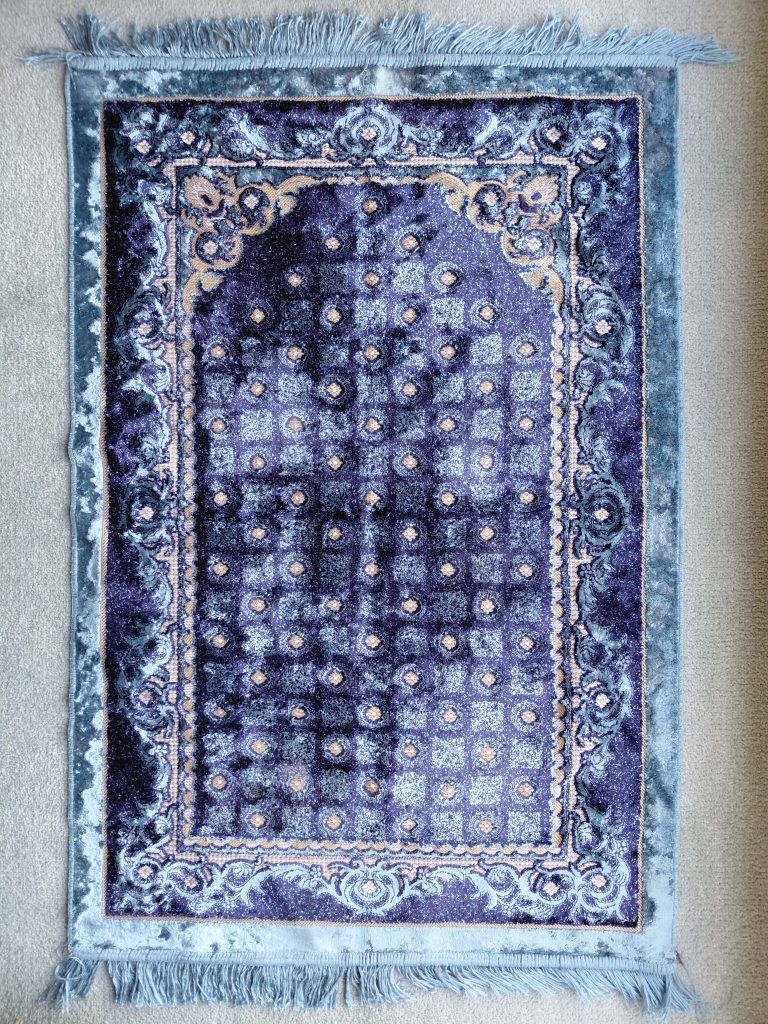
Rendezvous
My prayer mat is
of midnight blue,
like Mary’s veil,
like mercy’s hue.
Upon it stars,
a ladder true
to clamber to
our rendezvous.
And as I climb
these woven stars,
my soul reflecting
counterparts,
I wonder deeply
at Your dark
midnight pouring
in my heart.
Oh, what a scent
of wonder this
of nights they bowed
and bent to kiss:
those friends of God
in ocean’s bliss,
outstretched hands
of ambergris.
And of that night
my Prophet flew
on Buraq to
his rendezvous,
beyond the stars
and even through,
bow’s breadth
away from You!
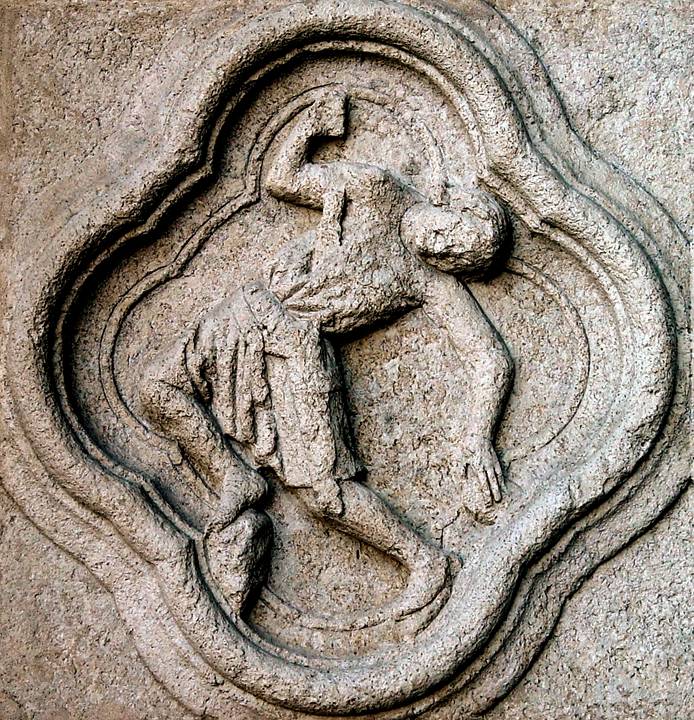
Called
Sometimes
we don’t feel
called
to the fountain
of abundance,
but only to lie
with no hope
on a cold floor
in a dark house.
Night falls in
through windows
and an open door,
and, still as fish
on land,
our hidden eye
blinks no more.
No,
sometimes
we don’t feel
called
to the fountain
of abundance,
yet
there we are,
drinking.
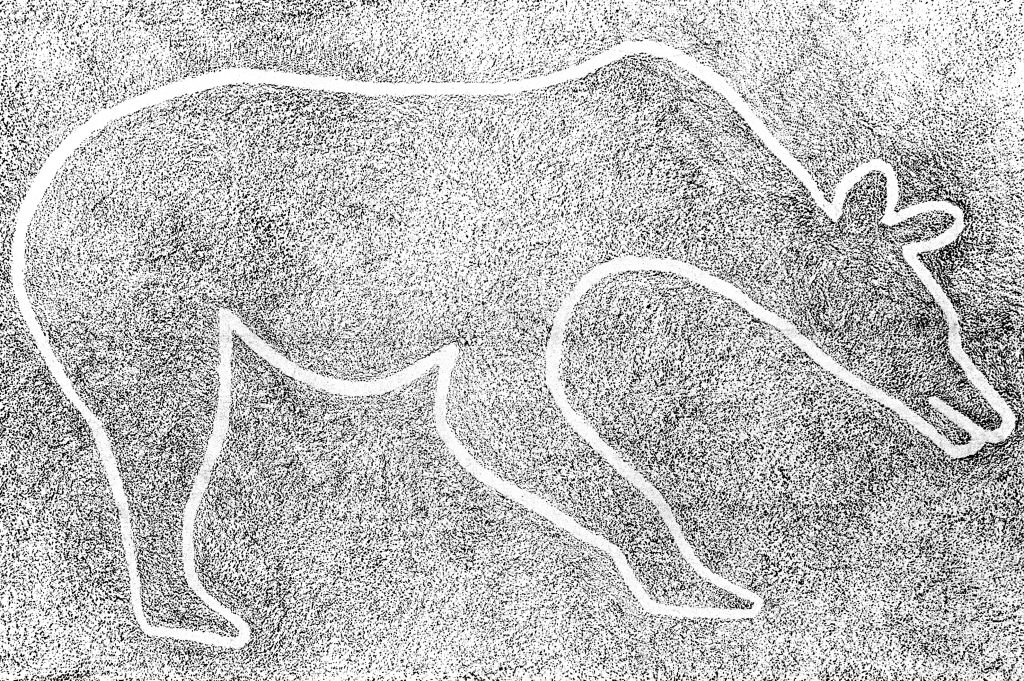
Bearishness
This life has led me
deep into the high heart
of a wilderness.
Is there a coward’s bus back again?
I packed my rucksack
with things I thought
would ease the pain.
They haven’t,
and, oh, the rain—
I fling my offering
of an anorak
to the rain!
For a strange courage
is on me yet,
and I wish to be a bear
and run deeper
and higher into the wild trees
(dumb brute and blessed!),
emerging years later,
wizened and half-slain,
and moaning,
paws shaking,
of a brush
with Bearishness.
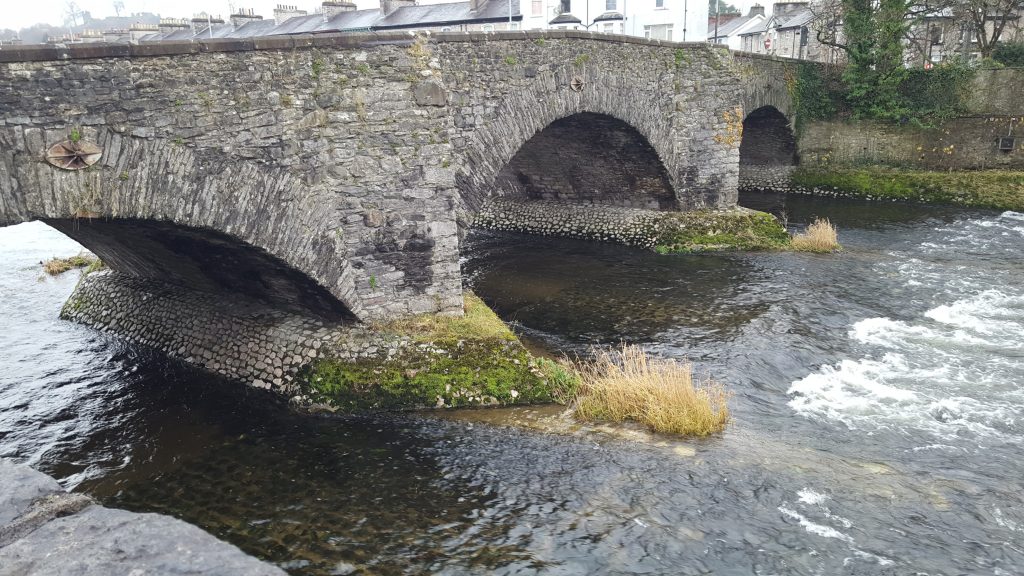
(Photo by the author.)
Nether
A lesson
in letting go
I learnt
that day
I stood
on Nether Bridge
and watched
the leaves flow by—
maroon, ochre,
brown in hue—
tumbling through
Ophelia-froth
and Hamlet-black
undercloth,
a stray
pageant of
astronauts
loose in space.
I thought of
their end
in the bay
at pretty Arnside
far away,
whilst your
heart-tugging
river of life
roared in my ear
entranced:
‘The “be”
in “To be
or not to be”
is death—
not the other.’
My heart bowed
with a deep breath
—danced.










